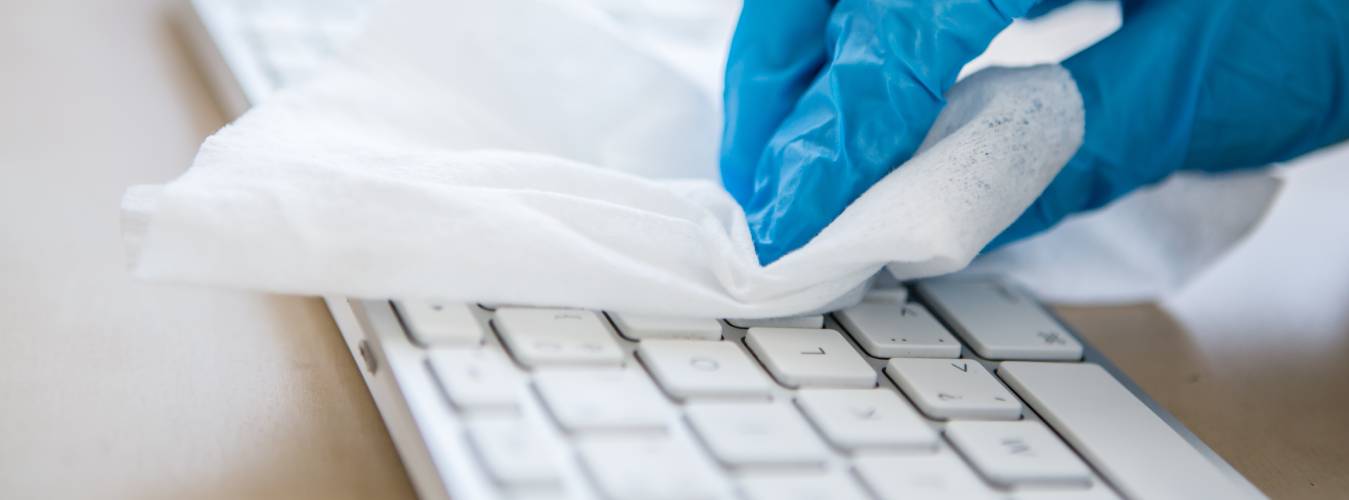
FAQ about Hand Sanitize
Is hand sanitizer effective against COVID-19?
Yes. As the CDC has indicated, the best way to decrease the spread of disease and infections is to scrub your hands with plain soap and water for at least 20 seconds. This is necessary, especially after using the restroom, before a meal, and after sneezing or coughing. In addition, the CDC recommends that if soap and water are not available to use a 60% alcohol-based hand sanitizer.
Should I use an antibacterial soap to wash my hands?
Currently, there is no evidence available that antiseptic wash products are any more effective. Some data suggest that antibacterial ingredients could do more harm than good in the long term, and more research is needed.
If I can’t find hand sanitizer, can I make my own?
The Food and Drug Administration (FDA) recommends that consumers not make their hand sanitizer. If the sanitizer is made incorrectly, it can be ineffective, plus skin burns have been reported. In addition, the FDA does not have verifiable information on how the hand sanitizer is prepared at home and whether it is safe for use on human skin.
What do I do if I get an allergic rash or other reaction to hand sanitizer?
Call your doctor if you experience a severe reaction to hand sanitizer

If I add alcohol to my non-alcohol hand sanitizer, will it provide better protection against COVID-19
No. Adding any amount of alcohol to an existing non-alcohol hand sanitizer is unlikely to result in an effective product.
Does the FDA regulate all hand sanitizers?
Hand sanitizers are over-the-counter (OTC) drugs regulated by FDA.
Where should hand sanitizer be stored? It needs to be stored out of the reach, and sight, of children. The storage temperature is a maximum of 105°F (it should not be stored in a car during the summer).
Is hand sanitizer flammable?
Yes. Hand sanitizer is flammable. It should be stored away from heat or flame. It should be rubbed into hands until they feel dry before continuing activities that may involve heat, sparks, static electricity, or open flames.
Is hand sanitizer dangerous for children?
For children under six years of age, hand sanitizer should be used with adult supervision. Hand sanitizer is not dangerous for children; however, it is harmful when ingested. All it takes is to drink only a small amount, and it can lead to alcohol poisoning. There is no cause to be concerned if your child eats with or licks their hands after using hand sanitizer. It is also essential to keep the product out of the eyes. If a child ingests hand sanitizer, call poison control or a medical professional immediately.
Where should I use hand sanitizer?
Make sure to use it in a well-vented area. Hand sanitizer is typically used to clean hands, but it can also be used to remove germs from other items you use every day.
- Door handles - A study found that there could be as many as five distinct types of bacteria living on your front door handle. People come and go all day. Do you know what their hands have been doing? To protect yourself, wipe down handles and doorknobs with sanitizer before opening a door.
- Smartphones - There are over 25,000 bacteria per square inch on your smartphone. Put a bit of sanitizer on your screen to ward off germs.
- Keyboards - the average office desk has 400% more bacteria than the average household toilet seat. Remind yourself with a phone message to sanitize your desk at least once every workday. And as long as you’re cleaning, wipe down your table, your keyboard, and your mouse.
- Pens – There are over 200 bacteria per square inch on your pen. Businesses need to make sure they’re frequently wiping down the pens their customers use with sanitizer.
More than a year ago, the fear of the coming pandemic turned the business world on its head. Consumer behavior veered sharply, restaurants and hotels were quiet, lines formed outside grocery stores, and toilet paper was suddenly in short supply. Now, we are in recovery. The number of hand sanitizer units in healthcare, food service, industrial settings, lodging, and office facilities has nearly doubled. But, until we reach herd immunity, safety will be at the top of people’s minds. Data has shown that having better hand hygiene means a lower number of COVID infections and sicknesses.
